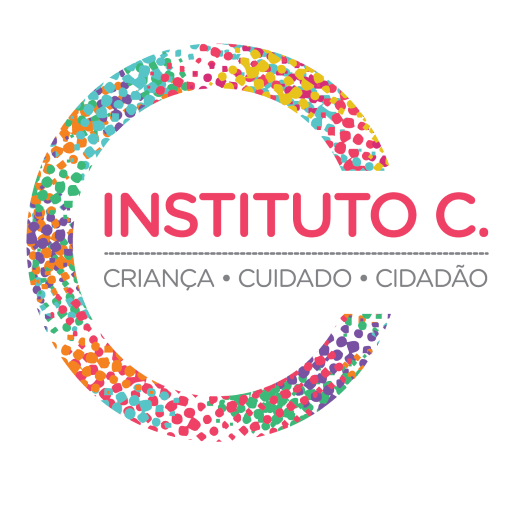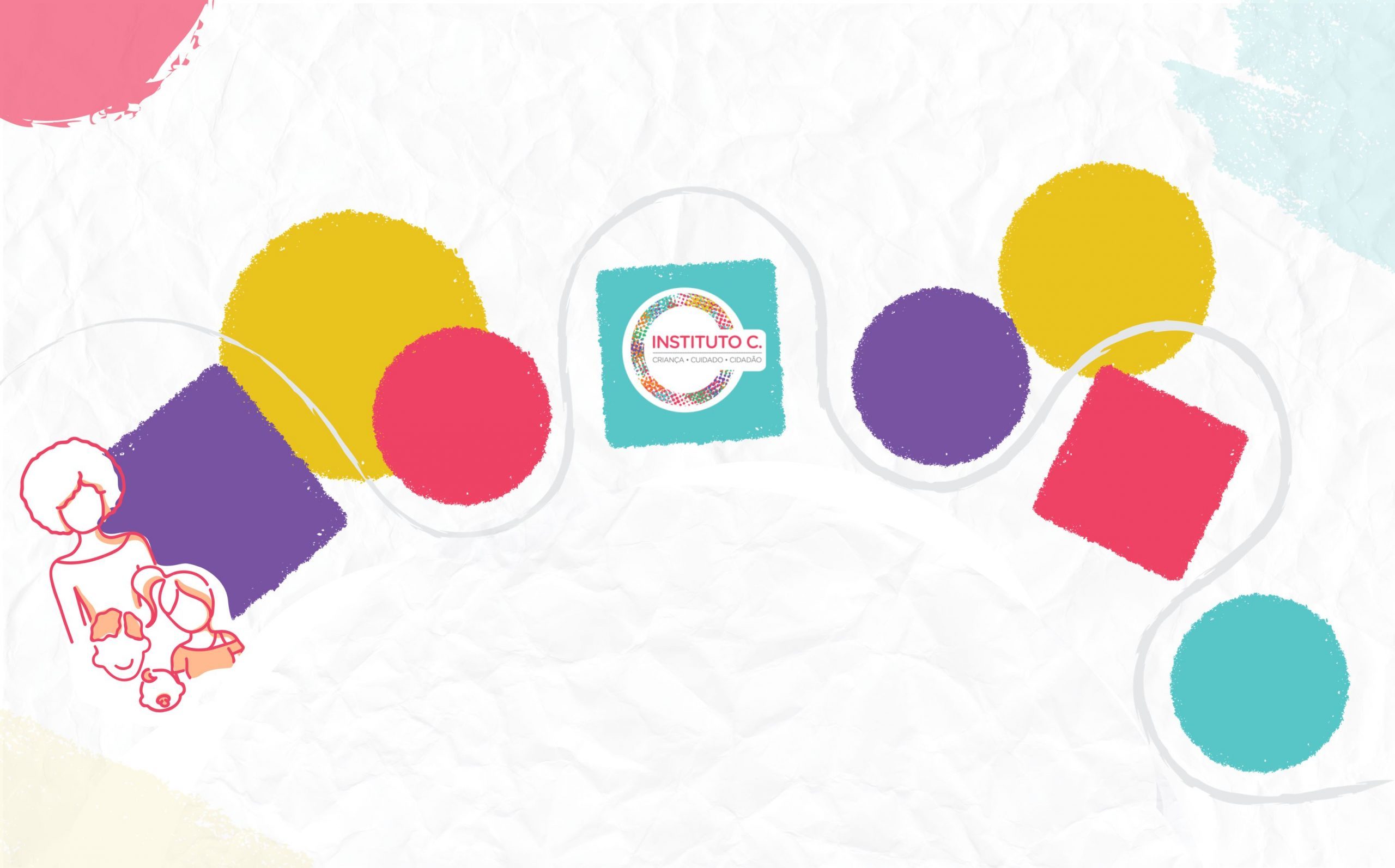The Journey of Families at Instituto C
Serving families facing social vulnerability alongside children and adolescents, Instituto C focuses on helping them achieve independence and autonomy while expanding their awareness of their rights and responsibilities.
To do this, Instituto C invests in developing each individual’s intrinsic capabilities, guiding them in their transformation into engaged citizens, aware of their rights and duties, through care, guidance, direction, and articulation with the social assistance network. The ultimate goal is social transformation by the end of each family’s journey with the organization.
Screening and Individualized Support Plans
Families arrive at Instituto C spontaneously, often referred by other families familiar with the project or by the social assistance network, which directs them to the organization.
After the first contact, families go through a screening interview to assess their socioeconomic status. If they fit the profile, they are invited to begin the program.
From this first interaction, the approach is fully individualized. Each family receives a customized care plan, ensuring they are served by the appropriate areas with the necessary frequency based on their specific needs.
Technical Support and Multidisciplinary Services
Every family is assigned a dedicated professional, known as a family case manager, who strengthens the relationship between the family and Instituto C and helps expedite the resolution of their needs.
On designated days, families receive guidance and referrals in key areas such as social services, psychology, nutrition, education, and income generation. With this structure, families have more autonomy to choose which services to attend, delve deeper into topics, and ultimately benefit from more effective and meaningful support.
Monitoring and Family Progress
Every month, the team evaluates each family’s progress and engagement with their action plan. On average, families remain in the program for about 18 months—enough time for the head of household to rebuild self-esteem, strengthen their support networks, and gain confidence in navigating the social assistance system independently.
At the end of the process, the family concludes their cycle with Instituto C, making space for another family to be served.
Service Hubs
Instituto C currently operates through three service hubs, each with specific characteristics and community focus.
Central Hub
Located in the heart of the Vila Buarque neighborhood in São Paulo, the Central Hub also serves as Instituto C’s headquarters. This is where the organization began 12 years ago and where its current methodology was prototyped.
Initially, the focus was on families with children facing chronic illnesses, and this remains the target profile of families served at this hub. Since 2012, a structured screening process has been in place, emphasizing active listening, collaborative planning, and goal monitoring with each family—an approach now replicated in the other two hubs.
North Zone Hub
Opened in March 2022 and located in the Vila Palmeiras neighborhood of São Paulo, this hub serves families in vulnerable situations with children and adolescents, primarily from nearby communities in the North Zone.
Guarujá Hub
Launched in 2023, the Guarujá Hub is the result of a partnership between Instituto C and the organization Alimentando o Bem. Born during the early days of the COVID-19 pandemic to assist residents of Perequê—a region already affected by severe flooding—the initiative brought Instituto C’s social care methodology to the area.
A detailed territorial analysis was carried out to understand the region’s specific needs. Based on these findings, a multidisciplinary team was formed and the family support methodology tailored to the local context was implemented.
Today, Instituto C is prepared to scale its methodology, always with the commitment to understanding each region’s unique characteristics and needs. In doing so, the organization continues to expand its impact—bringing support, autonomy, and hope to more families across diverse communities.

